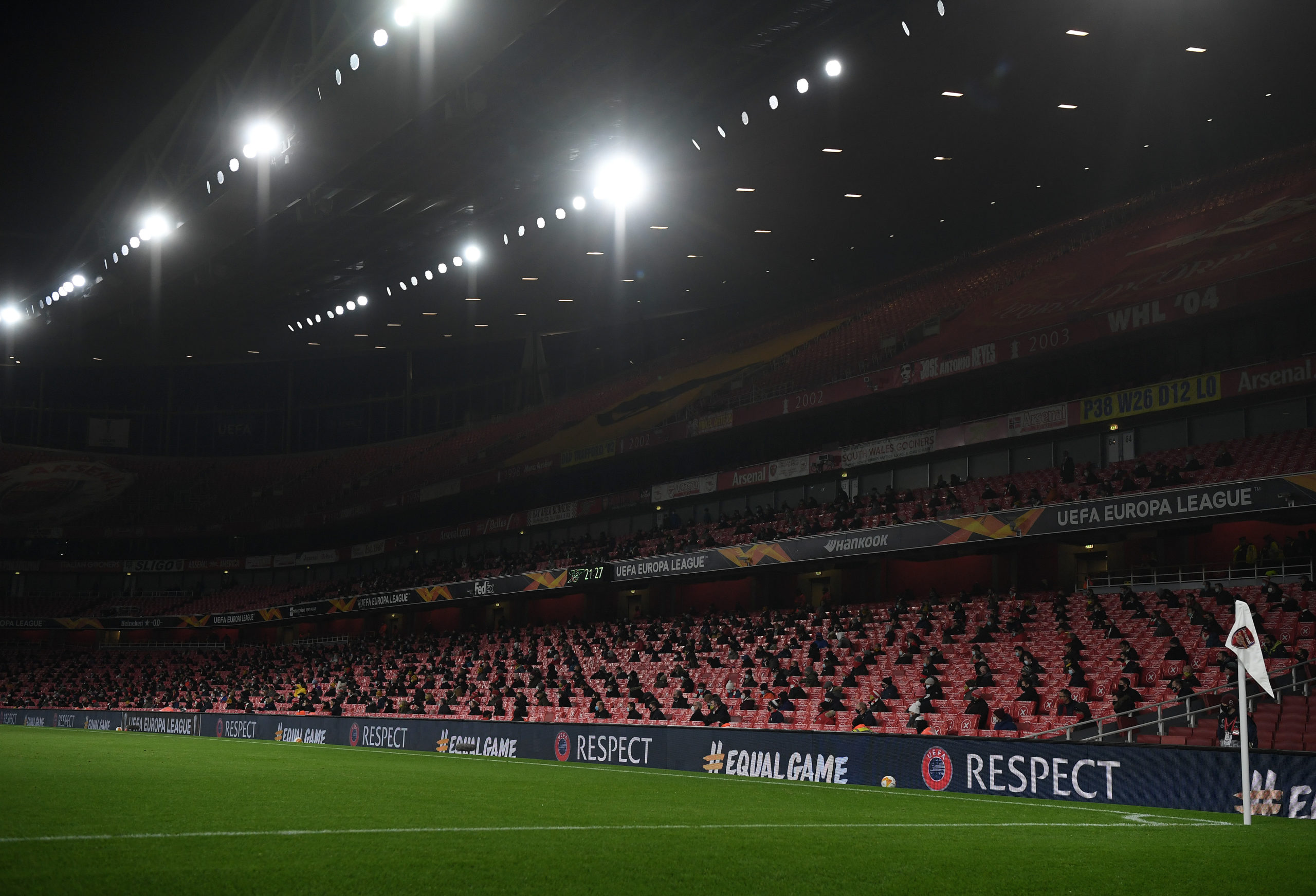Arsenal and Benfica have finally confirmed their plans for their Europa League tie over the next fortnight.

Due to travel restrictions between the UK and Portugal, Arsenal and Benfica had to organise alternative venues for their Europa League Round-of-32 clash.
On Friday, Arsenal posted to confirm the details of both legs. The first leg, the so-called ‘away’ leg, will take place on Thursday, February 18th at 8pm GMT at the Stadio Olimpico in Rome.
The second ‘home’ leg will take place in Athens, at the Stadio Georgios Karaiskakis on Thursday, February 25th at 5:55pm GMT. Check out soccer odds here ahead of the tie.
Rather bizarrely, the usual away-goals rule will apply, despite the fact that both teams are playing away from home in both legs. This is particularly frustrating as away goals still count in extra time of the second leg.
As a result, if the tie finishes level after 180 minutes, Benfica will get an extra 30 minutes to score an away goal for absolutely no reason. They’ll be at no more of a disadvantage on the pitch than Arsenal, but their goals will count for more anyway.

We’ve known for a few days now that the second leg in Athens was a strong possibility. However, there were suggestions that the impending lockdown in the city could cause problems.
Reports in the news this week confirmed that the Greek government has reintroduced stricter lockdown measures in Athens specifically. It was always Arsenal’s first-choice venue, but it’d be hard to fulfil the fixture if the country won’t let the teams in.
At this point, the venues have been confirmed by UEFA, so at least it’s no longer in Arsenal’s hands. For now, we should expect the match to go ahead in the Greek capital.
If a lockdown does force some further last-minute changes, it’s not as if we don’t have precedent for that. Back in 2018, Arsenal’s clash with Vorskla was moved from Poltava to Kiev (over 300 km away) less than 48 hours before kick-off over security concerns.
Even worse, that was back when there were fans still travelling to matches. Plenty of supporters had already arrived in Poltava by the time the change was announced, and they had to scramble to secure travel to Kiev.
If UEFA thought that was acceptable, it should be no real problem to move this game again, if necessary.
